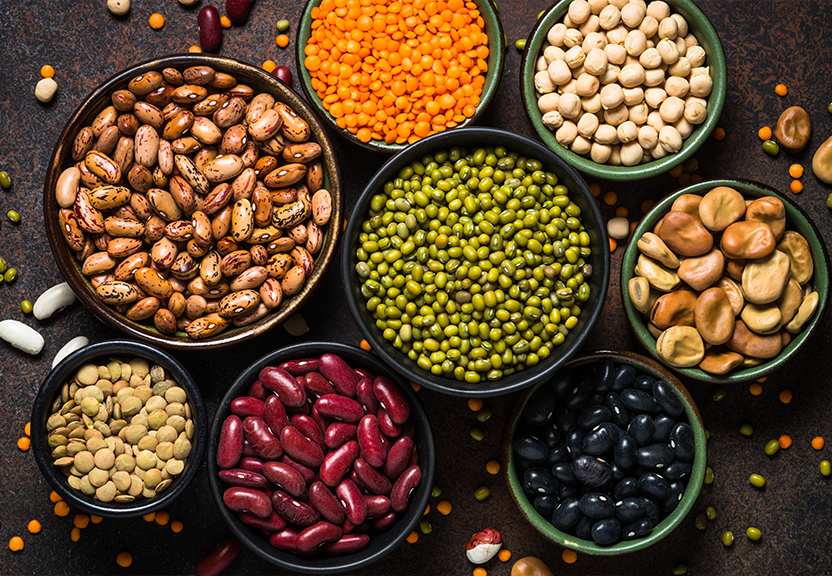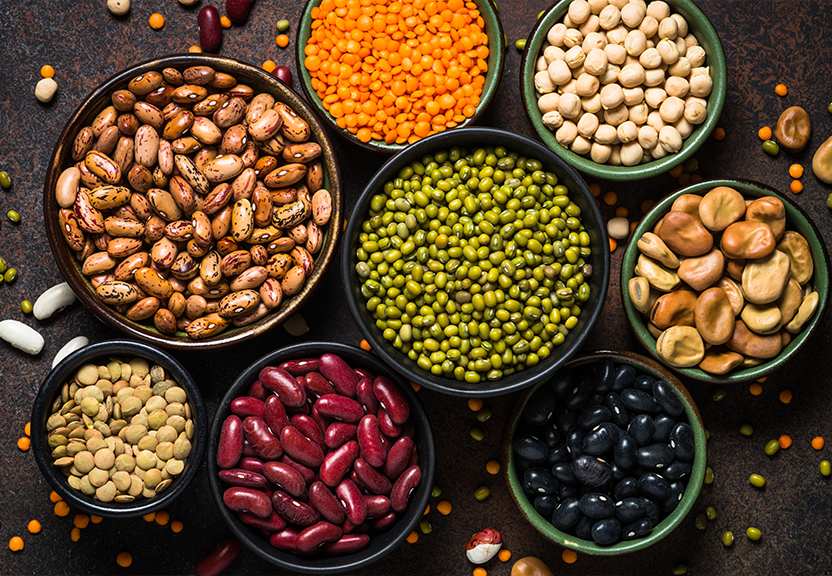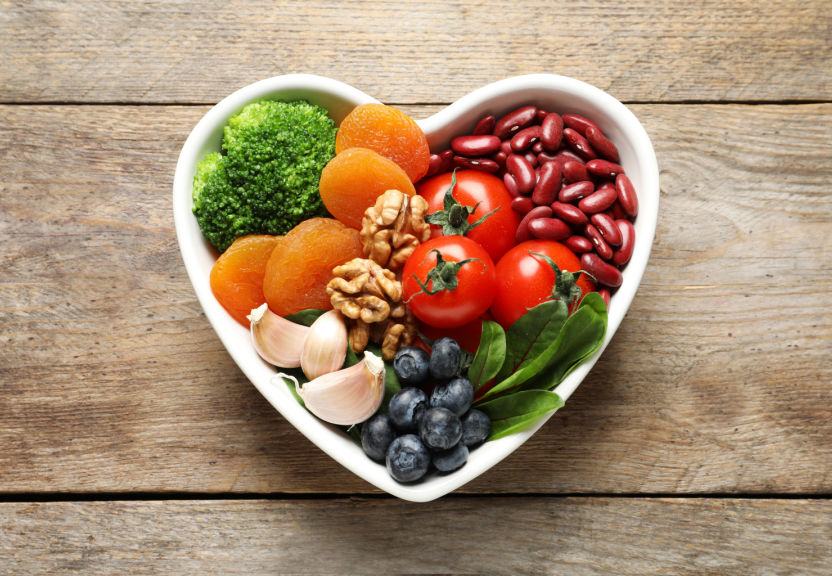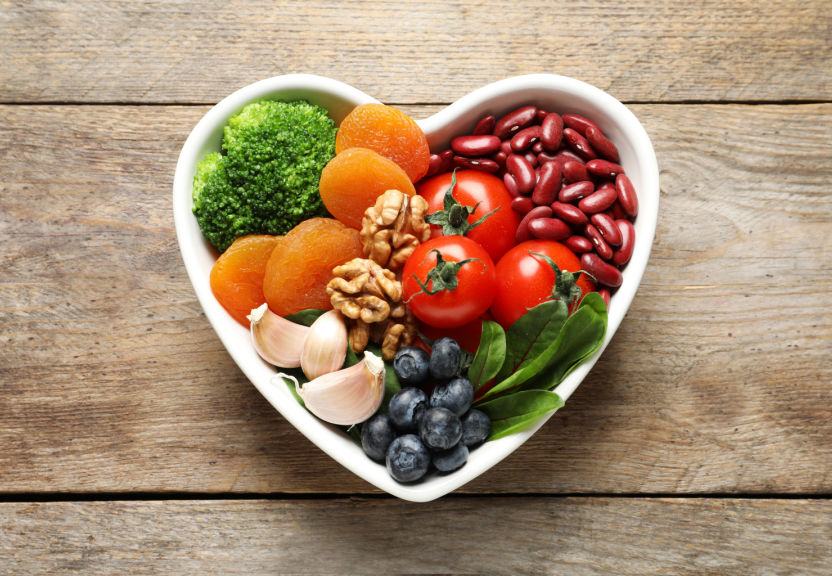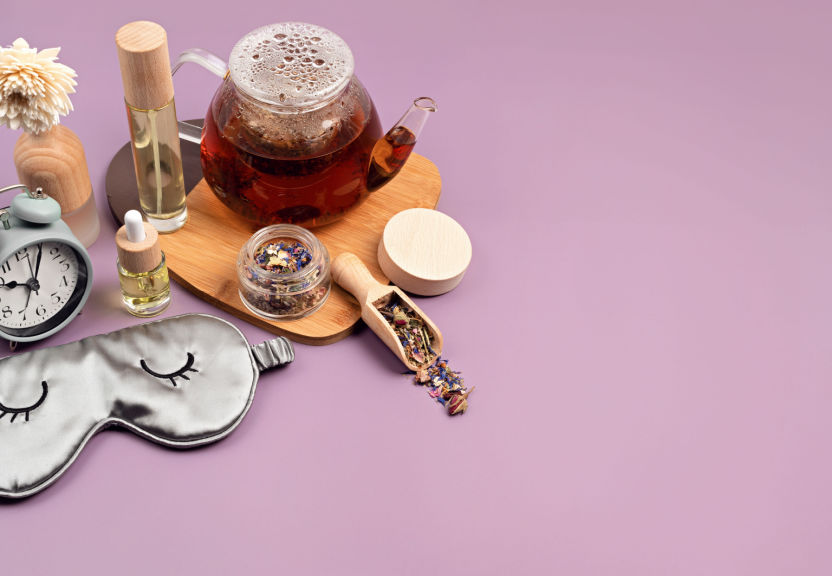Food that affect my health & mood
Believe me, I know how challenging it can be to maintain a healthy lifestyle. With a busy work schedule and a family to take care of, it can be easy to fall into the trap of eating fast food or processed meals. But, a few months ago, I decided to make a change and give my body a “healthy restart.” I began incorporating the following 13 foods into my diet and I have seen a noticeable difference in my energy levels, digestion, overall well-being and mood:
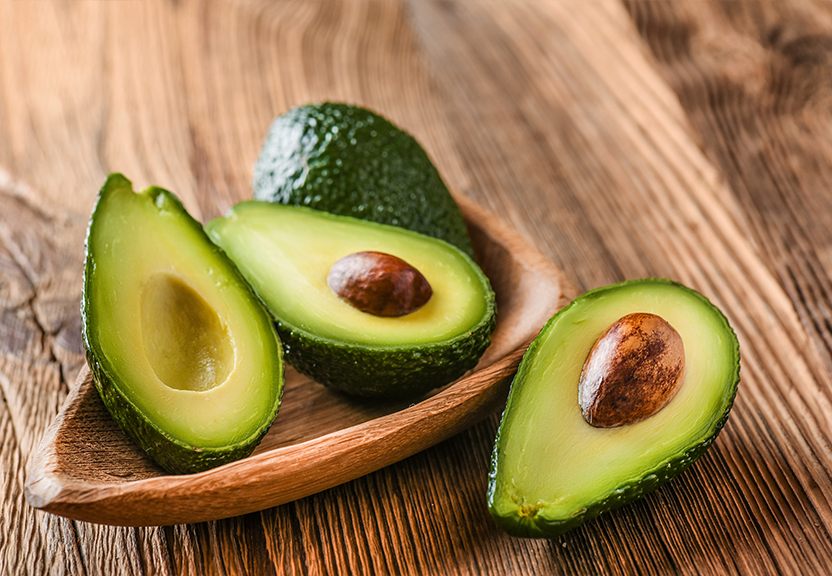
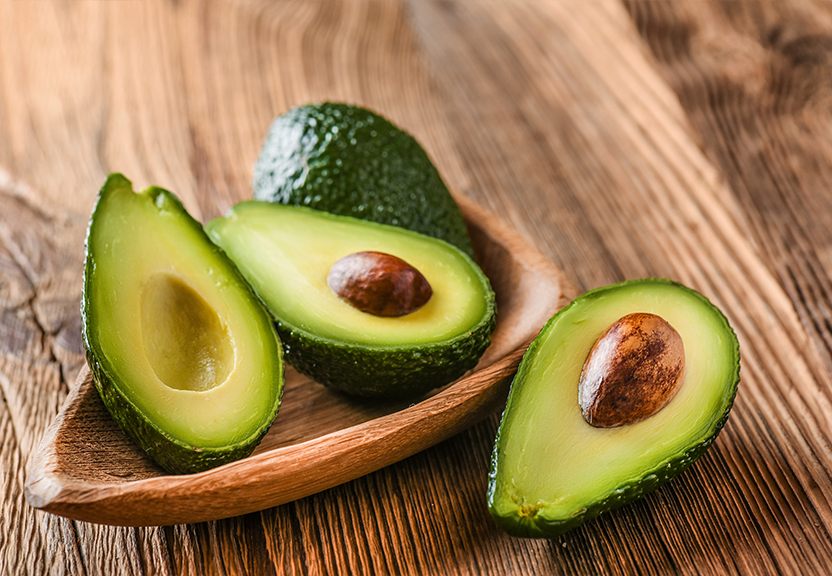
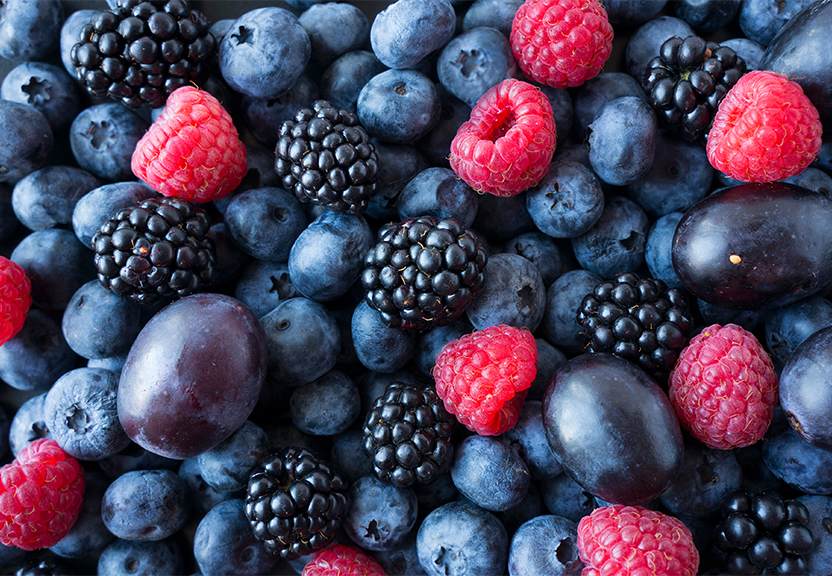
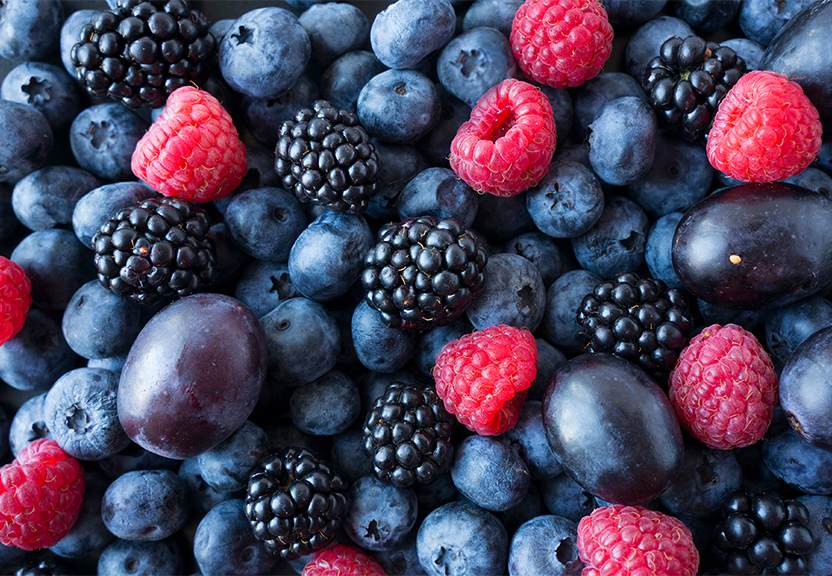
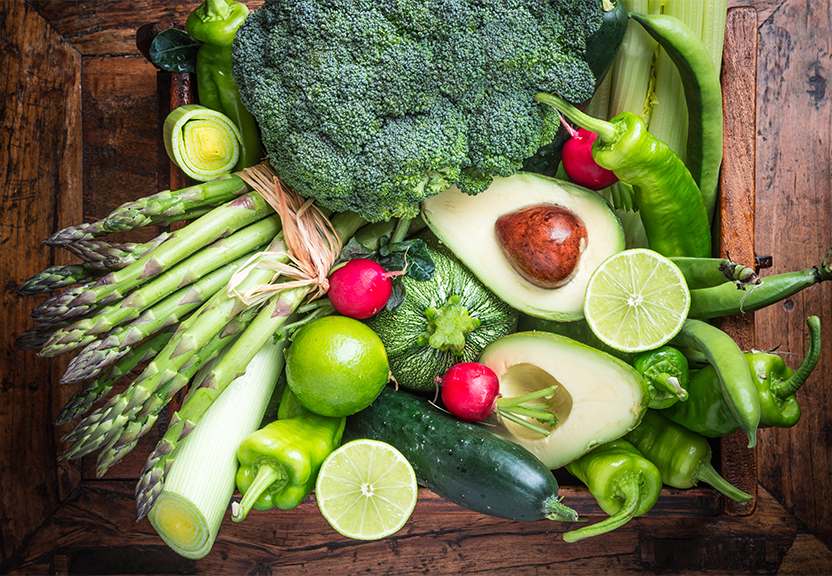
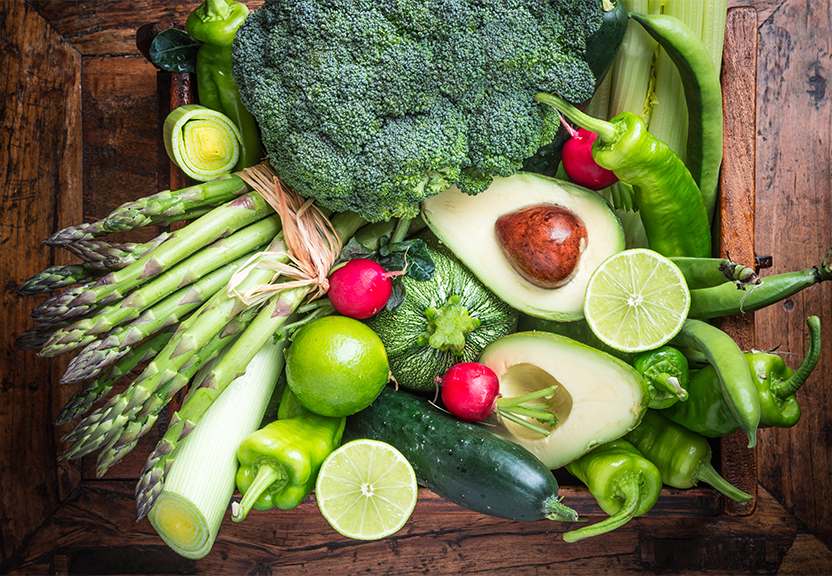
- Leafy greens: I started adding spinach, kale and other greens to my salads and smoothies. They are packed with vitamins and minerals, including Vitamin A, Vitamin C, and Iron, and have been a great source of energy throughout the day. Eating leafy greens daily has helped me to feel more alert, focused and energized.
- Berries: Blueberries, raspberries, and blackberries are now part of my breakfast routine. Berries are high in antioxidants and have anti-inflammatory properties, which I’ve noticed has helped with my overall digestion. Eating berries has also made me feel more refreshed, and I have felt a boost in my mood when I start my day with them.
- Salmon: It’s an excellent source of omega-3 fatty acids, which are important for heart health and can also reduce inflammation in the body. Eating salmon regularly has helped me to feel more relaxed and calm.
- Nuts and seeds: I always keep almonds, walnuts, and flaxseeds in my pantry for a quick snack. They are a great source of healthy fats and protein, which has helped me keep my energy levels up throughout the day. Eating nuts and seeds as a snack has helped to keep me feeling full and satisfied, which has helped to reduce my cravings for processed foods.
- Whole grains: Instead of white rice, I eat quinoa, brown rice, and oats. Whole grains are high in fiber and provide a slow release of energy, which has helped me to stay full and satisfied. Eating whole grains has also helped me to feel more sustained energy throughout the day, which has helped to improve my mood and focus.
- Legumes: I began incorporating lentils, chickpeas, and beans into my meals. They are a great source of plant-based protein and also provide fiber and other important nutrients. Eating legumes regularly has helped me to feel more satisfied and fulfilled after my meals.
- Avocado: I have begun eating avocado for breakfast, lunch, and dinner. As well as being a good source of potassium, it is also high in monounsaturated fats, Vitamin E, and Vitamin K. Eating avocados has helped me to feel more satisfied and full after my meals, which has helped to reduce my cravings for unhealthy snacks.
- Turmeric: I started adding turmeric to my meals. It’s a powerful anti-inflammatory spice that has been shown to have a wide range of health benefits, including reducing the risk of heart disease and cancer. Eating turmeric regularly has helped me to feel more relaxed and calm, and also helped me to feel more satisfied after my meals.
- Garlic: I started adding garlic to my meals, it’s a natural antibiotic and has anti-inflammatory properties which boost my immune system. Eating garlic regularly has helped me to feel more energized and has improved my overall mood.
- Ginger: I started adding ginger to my tea, it’s a natural anti-inflammatory and has helped me soothe my stomach and relieve nausea. Drinking ginger tea has helped me.
- Yogurt: I started incorporating yogurt into my breakfast routine. It’s a great source of probiotics, which have helped to promote a healthy gut microbiome.
- Eggs: I started including eggs in my breakfast routine. They are a good source of high-quality protein, Vitamin D, and other important nutrients.
- Green tea: I started drinking green tea, it’s high in antioxidants and has been shown to have a wide range of health benefits, including reducing the risk of heart disease and cancer.
I have found that including these foods in my diet has improved my overall health and well-being, helped me feel refreshed and rejuvenated, and helped my body function at its best. It’s not always easy to make these changes, but it’s important to remember that moderation and balance are key. It’s also important to consult a healthcare professional before making any significant changes to your diet.
The articles and information within this website are my sole opinion and derived from my sole experience. They are meant for general information purposes only and is not meant to substitute professional dietary and/or health advice or treatment. If you have or suspect you may have allergies or medical issues which may be affected by certain foods, or have or suspect you may have any illness and/or disease and/or chronic ailment and/or other, you should promptly contact your health care provider. Any statements regarding diets and/or nutrition and/or health are to be used at your discretion and are not intended to diagnose, treat, cure or prevent any disease.




